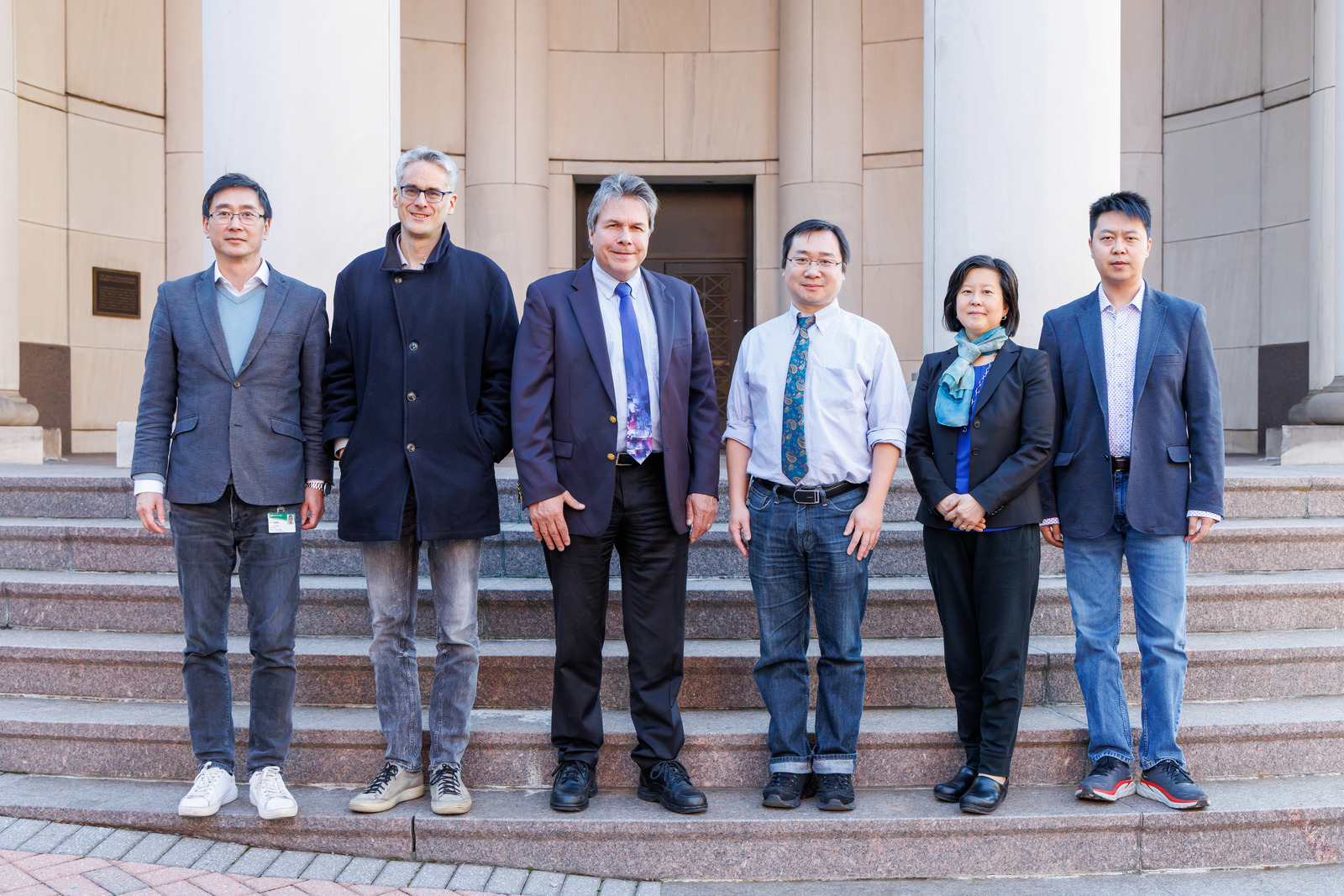
Originally relating to the informatics of biotechnology (a term used to refer to the sequencing of DNA, RNA, and proteins), bioinformatics has come to comprise methods and tools for representing, understanding, and transforming all biological data. Bioinformatics is an interdisciplinary research area between computer and biomedical science. Computer science is used to analyze, gather, store, and integrate large datasets of biological information and data, and uses this application to solve problems concerning human health and disease.
Although analysis of molecular sequences is still a major focus of bioinformatics, biomolecular structure, function, pathways, and biochemical simulations (referred to as in silico biology) are now just as important. Bioinformatics is an important component in advancing precision medicine, and bioinformatic research will help guide the treatment of human disease.
Computational Genomics Research at UAB
Drs. Jake Chen, Zechen Chong, and Alex Rosenberg lead the bioinformatic research initiative within the Department of Biomedical Informatics and Data Science.
Dr. Chong's lab uses bioinformatics to study the human genome and explore meaningful biological insights. Dr. Chong is currently working to develop novel algorithms for sequencing data (next-generation and third-generation) analysis, and conducting research on the mechanisms of genomic rearrangements and disease genomics.
Dr. Rosenberg applies bioinformatics to develop analytical methods and tools for studying immune cell repertoires using next-generation sequencing. This work supports studies in vaccinology, autoimmunity, infectious disease, and allergy, and is useful for answering basic questions about developing immune system responses. He also develops approaches to visualizing complex biological data, especially integrating data from multiple high-throughput platforms.